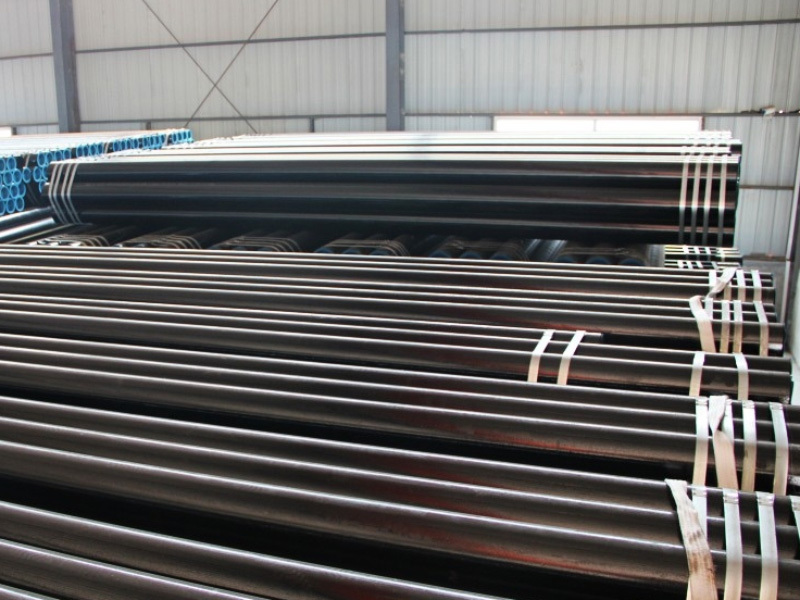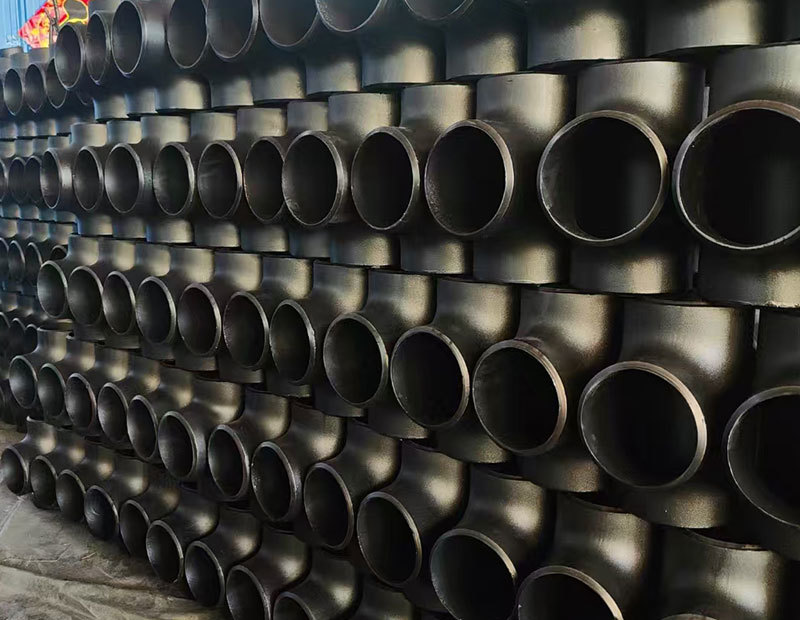Leading Smls Pipe and fittings supplier from China since 1991
Understanding Oil Pipe Tubes: Essential Components in Automotive Systems
Oil pipe tubes are vital components in automotive systems, specifically designed to transport oil efficiently throughout the vehicle's engine and other critical areas. Understanding their function and significance is essential for anyone involved in automotive maintenance or repair. At their core, oil pipe tubes serve the primary purpose of conveying engine oil, which lubricates moving parts, redu
Jul 23,2025

Oil pipe tubes are vital components in automotive systems, specifically designed to transport oil efficiently throughout the vehicle's engine and other critical areas. Understanding their function and significance is essential for anyone involved in automotive maintenance or repair.
At their core, oil pipe tubes serve the primary purpose of conveying engine oil, which lubricates moving parts, reduces friction, and helps dissipate heat. The effective circulation of oil is crucial for maintaining optimal engine performance and prolonging its lifespan. These tubes are engineered to withstand high pressure and varying temperatures, ensuring the safe passage of oil under the demands of different driving conditions.
The materials used for oil pipe tubes are typically chosen based on durability and resistance to wear and corrosion. Common materials include steel and aluminum, known for their strength and lightweight properties. Additionally, rubber or thermoplastic hoses may be employed in certain applications, providing flexibility and ease of installation. Each material has its advantages, and the choice often depends on the specific requirements of the automotive system in question.
Proper maintenance of oil pipe tubes is essential for preventing leaks and ensuring the efficient operation of the engine. Regular inspections should be performed to check for signs of wear, corrosion, or damage. Any visible cracks or leaks should be addressed immediately, as they can lead to oil loss and potential engine failure. It's also important to replace oil filters regularly and use high-quality oil to keep the system clean and functioning efficiently.
One common issue faced with oil pipe tubes is blockages caused by debris or sludge buildup. This can restrict oil flow, leading to inadequate lubrication and overheating. To mitigate this risk, maintaining clean oil through regular changes and using additives can help improve the oil's performance and longevity.
In summary, oil pipe tubes are a fundamental part of automotive systems, ensuring that engine oil flows smoothly to where it's needed most. Their design, materials, and maintenance are critical factors that contribute to the overall health and performance of a vehicle. By understanding these components, vehicle owners and mechanics alike can ensure their engines operate efficiently and reliably, leading to a more enjoyable driving experience. Whether you're a seasoned mechanic or a car enthusiast, having a grasp of oil pipe tubes will empower you to make informed decisions about vehicle maintenance and repair.
At their core, oil pipe tubes serve the primary purpose of conveying engine oil, which lubricates moving parts, reduces friction, and helps dissipate heat. The effective circulation of oil is crucial for maintaining optimal engine performance and prolonging its lifespan. These tubes are engineered to withstand high pressure and varying temperatures, ensuring the safe passage of oil under the demands of different driving conditions.
The materials used for oil pipe tubes are typically chosen based on durability and resistance to wear and corrosion. Common materials include steel and aluminum, known for their strength and lightweight properties. Additionally, rubber or thermoplastic hoses may be employed in certain applications, providing flexibility and ease of installation. Each material has its advantages, and the choice often depends on the specific requirements of the automotive system in question.
Proper maintenance of oil pipe tubes is essential for preventing leaks and ensuring the efficient operation of the engine. Regular inspections should be performed to check for signs of wear, corrosion, or damage. Any visible cracks or leaks should be addressed immediately, as they can lead to oil loss and potential engine failure. It's also important to replace oil filters regularly and use high-quality oil to keep the system clean and functioning efficiently.
One common issue faced with oil pipe tubes is blockages caused by debris or sludge buildup. This can restrict oil flow, leading to inadequate lubrication and overheating. To mitigate this risk, maintaining clean oil through regular changes and using additives can help improve the oil's performance and longevity.
In summary, oil pipe tubes are a fundamental part of automotive systems, ensuring that engine oil flows smoothly to where it's needed most. Their design, materials, and maintenance are critical factors that contribute to the overall health and performance of a vehicle. By understanding these components, vehicle owners and mechanics alike can ensure their engines operate efficiently and reliably, leading to a more enjoyable driving experience. Whether you're a seasoned mechanic or a car enthusiast, having a grasp of oil pipe tubes will empower you to make informed decisions about vehicle maintenance and repair.
Hot Tags:






